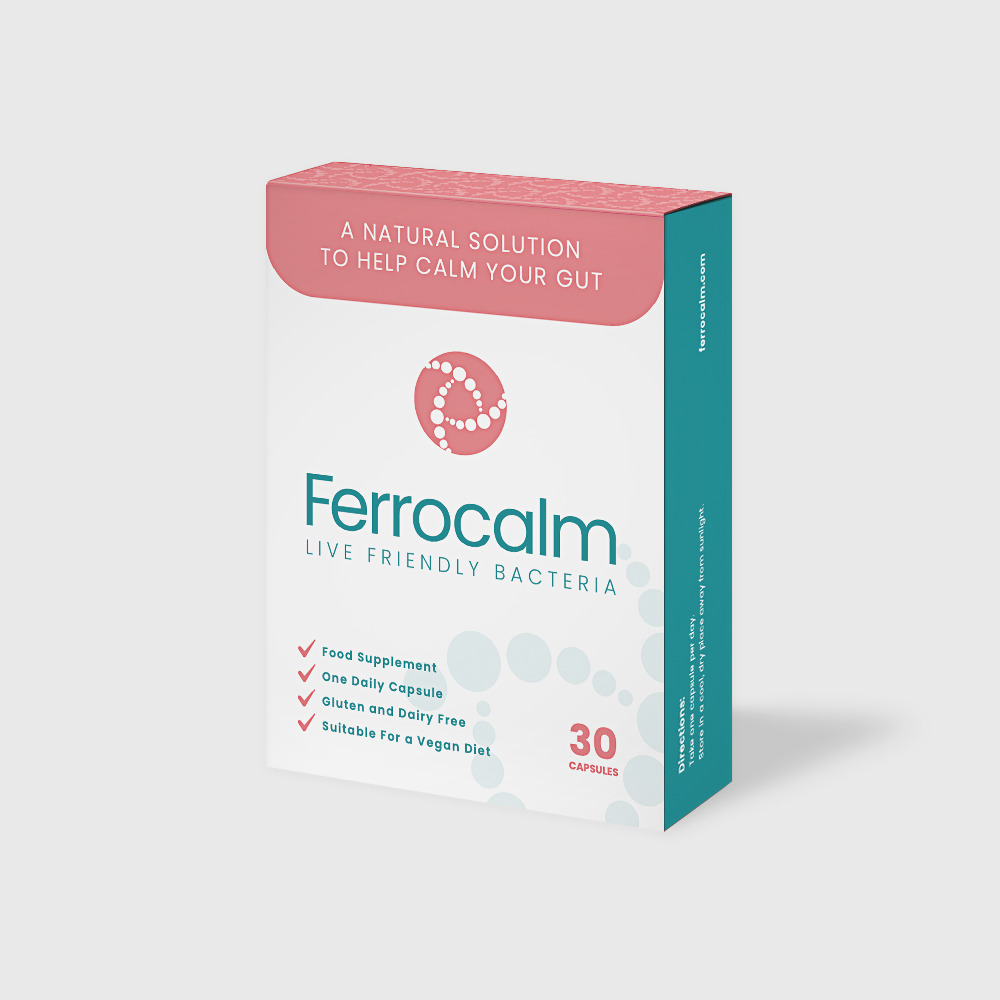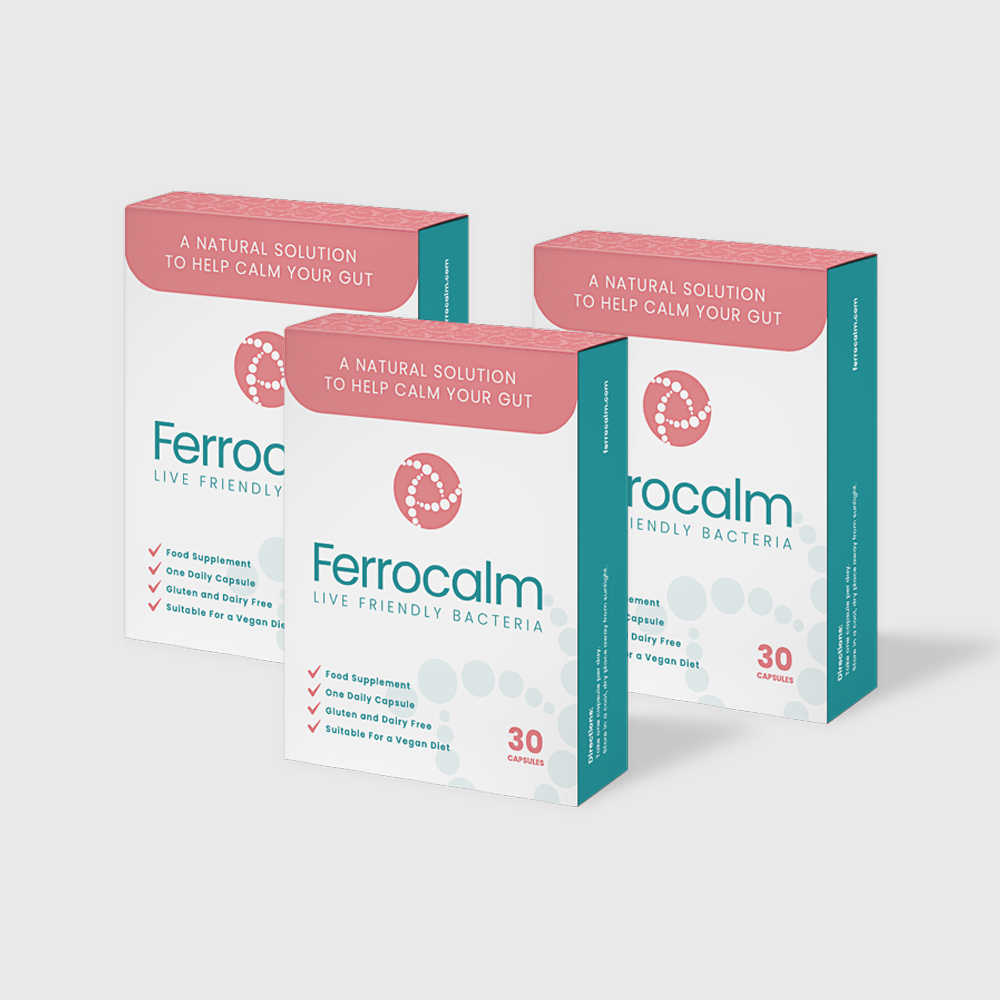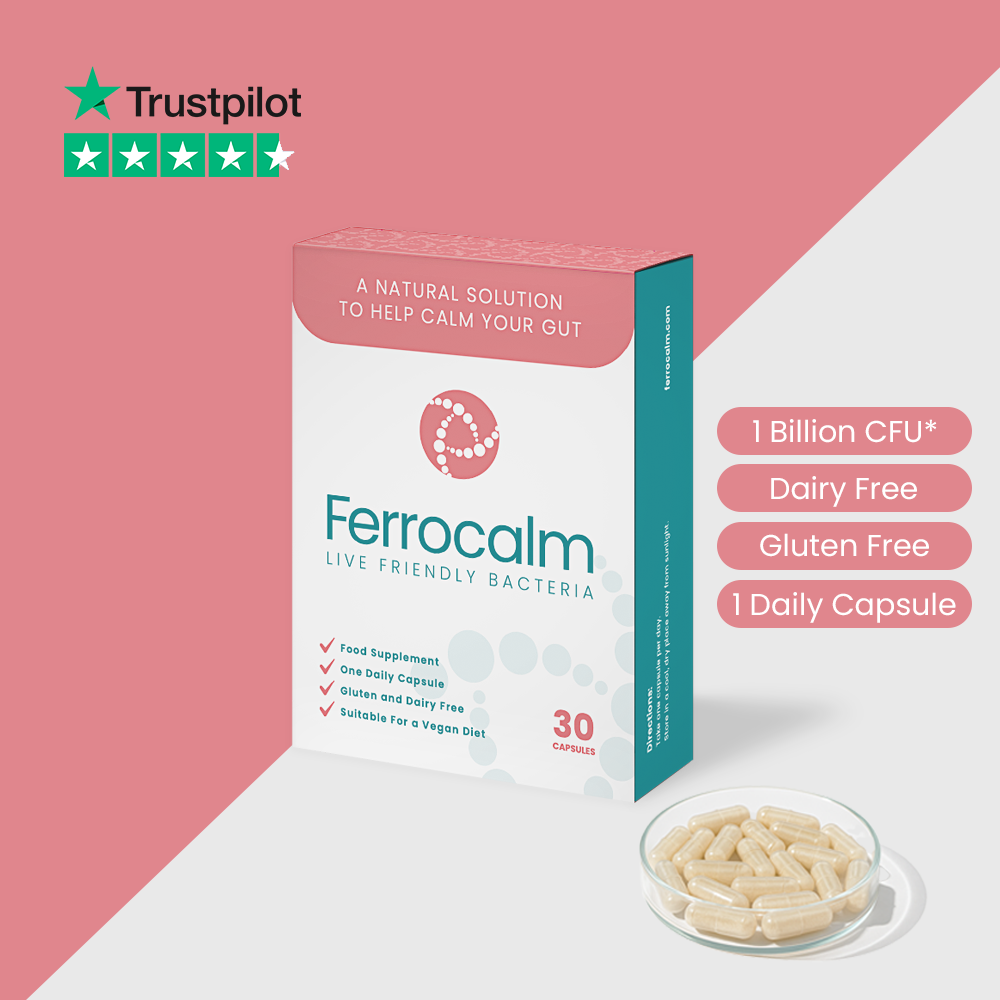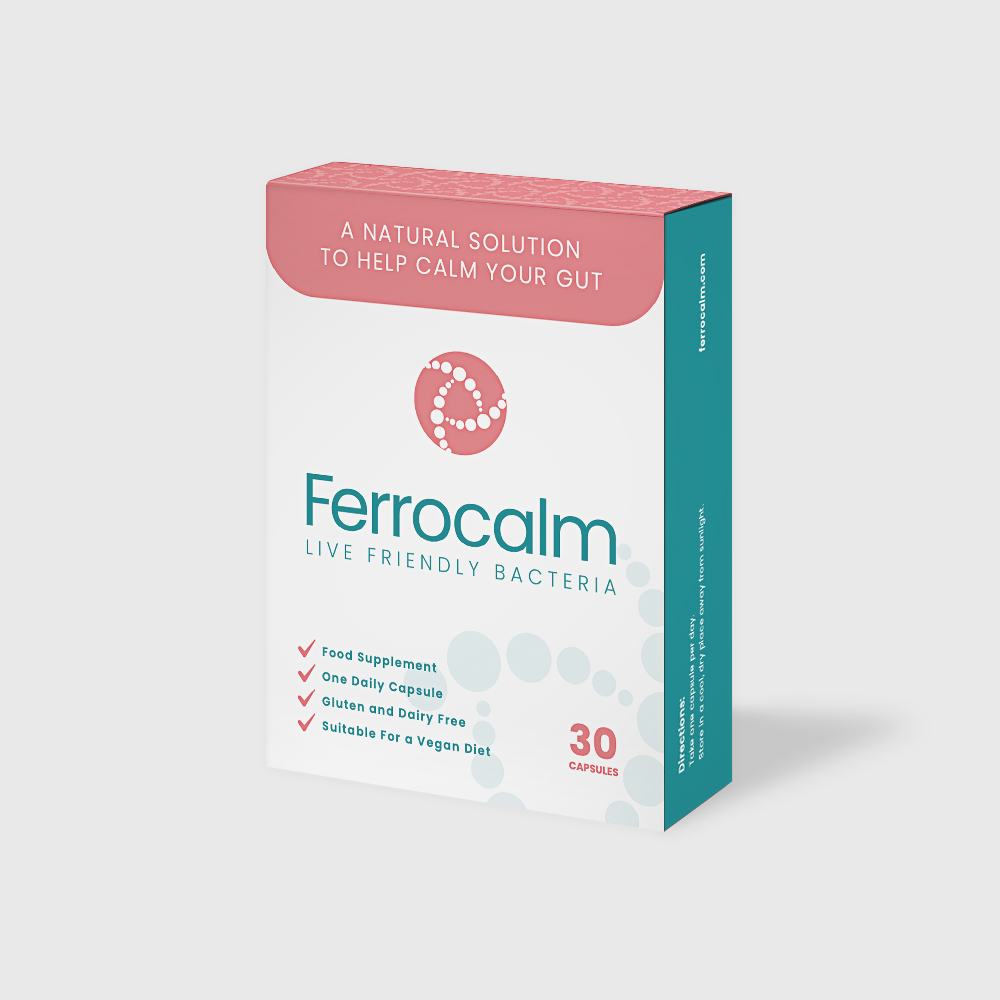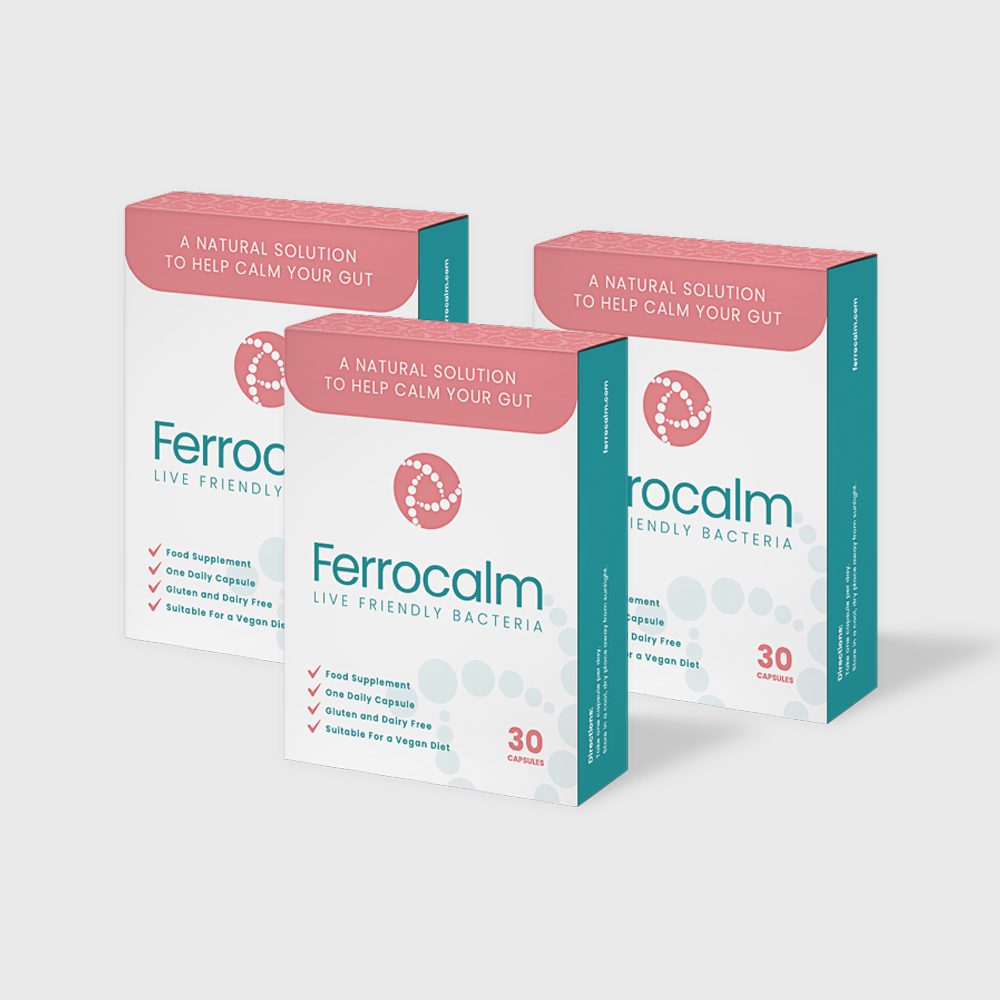What is Gut Health?
Your gut health impacts nowhere near just digestion - it shapes your immune system and mental well-being. Scientists have discovered that your gut works as a second brain and controls body processes you wouldn't typically connect with digestive health. Most people don't think about their gut health until something goes wrong. The good news is you can take charge of your digestive wellness through proper testing, diet changes, and targeted treatments. This applies whether you deal with occasional stomach issues or long-term problems. Let me walk you through the fascinating world of gut health. We'll explore everything from your microbiome to warning signs, and I'll share practical ways to boost your digestive function.
The Science Behind Your Gut Microbiome
Your digestive system hosts a complex ecosystem of microorganisms that scientists call the gut microbiome. These tiny life forms include trillions of bacteria, fungi, and other microscopic organisms. They work together to keep you healthy.
Understanding the gut-brain axis
Your gut and brain talk to each other through what scientists call the "gut-brain axis." This natural connection explains why you get butterflies in your stomach when you're nervous or why your digestion acts up when you're stressed. Your gut even makes many of the same brain chemicals, including serotonin - the "feel-good" chemical that affects your mood.
How gut bacteria influence overall health
Your gut microbiome's effects reach way beyond digestion. These tiny organisms help you in several ways:
- They train your immune system to fight off infections
- They make the vitamins and nutrients you need
- They control your metabolism and appetite
- They keep your hormones balanced
- They protect your gut barrier
The variety of gut bacteria matters more than how many you have. People with diverse gut bacteria tend to be healthier overall.
Latest research findings on gut health
Scientists have found fascinating links between gut health and wellness. Their research shows several things that substantially affect your gut microbiome: Modern life can throw your gut bacteria off balance through:
- Too much stress and too little sleep
- Processed foods and sugary diets
- Taking antibiotics often
- Toxins in the environment
A newer study, suggests that intermittent fasting might help your gut microbiome. It can reduce harmful bacteria linked to colorectal cancer. Scientists have also found strong connections between gut bacteria and autoimmune conditions. This suggests that a healthy gut might help manage these disorders. A balanced gut microbiome needs attention to both diet and lifestyle. Probiotics and dietary changes help, but managing stress and getting enough sleep are just as vital to keep your gut working well.
Key Signs of Poor Gut Health
Your body's gut health plays a vital role in your overall well-being. Clear signals appear when your digestive system needs attention. These warning signs help you take action before small problems turn into bigger health issues.
Physical symptoms to watch for
Poor gut health shows up first through digestive discomfort. You might experience:
- Persistent bloating and excessive gas
- Irregular bowel movements, ranging from constipation to diarrhoea
- Unexplained weight fluctuations, despite maintaining your usual diet
- Skin issues like psoriasis or unexpected rashes
- Chronic fatigue and low energy levels
Weight changes without trying can signal your gut's failure to absorb nutrients or regulate blood sugar properly. Your skin's condition often reflects your gut microbiome's state. Lower levels of good bacteria can affect your immune system and skin health.
Mental health indicators
Your gut's health affects your mental well-being through the gut-brain connection. These psychological signs need attention: Mood Changes: Your gut function can shake up your emotional stability and lead to unexpected mood swings or higher anxiety levels. Sleep Disruptions: A troubled gut might mess with your sleep patterns. Poor rest creates a cycle that further affects your digestive system. Brain Fog: Problems with concentration or mental clarity could point to an unbalanced gut microbiome.
When to seek professional help
You should ask a healthcare provider if you notice: Persistent Symptoms: Digestive problems lasting beyond two weeks need attention, especially with severe pain or major weight loss. Food Intolerances: Regular problems with certain foods might point to deeper gut issues. A gut health test can give you a full picture. Autoimmune Concerns: Your gut health and immune function share a strong bond. Unexplained inflammatory responses or autoimmune symptoms call for medical evaluation. Note that these symptoms rarely show up alone. Your body works as one connected system. Gut health problems often appear through multiple channels at once. Early help can stop minor digestive issues from becoming serious health concerns.
How Your Gut Impacts Overall Wellness
Your gut microbiome's amazing effects reach every part of your body. It works as a control centre for many health functions. Learning about these connections helps you make better health and wellness choices.
Immune system connection
Your gut contains about 70% of your immune system. This makes it your body's main defence against sickness. The beneficial bacteria in your digestive system handle several vital immune tasks:
- Competing for nutrients with harmful pathogens to stop them from being able to get a hold
- Train immune cells to respond better
- Create a protective barrier against infections
- Make antimicrobial compounds
Research shows that people with varied gut bacteria have stronger immune responses and better protection from diseases.
Mental health and mood regulation
Your gut and brain work together in both directions. Your digestive system makes many of the same chemicals that control your emotions. Your gut bacteria: Produce neurotransmitters: These tiny organisms create about 90% of your body's serotonin, which without doubt affects your mood and emotional state. Regulate stress responses: A balanced gut helps control cortisol levels and affects how you handle stress and pressure. Support cognitive function: Good gut bacteria make compounds that protect brain cells and help form memories.
Weight management and metabolism
Your gut microbiome is vital to how your body processes food and controls weight. The types of bacteria in your digestive system can: Influence nutrient absorption: Different bacteria help extract various amounts of energy from food. This affects your metabolism and weight. Control appetite signals: Gut bacteria tell your brain about hunger and fullness to regulate eating patterns. Balance blood sugar: A healthy microbiome helps insulin work properly and controls glucose levels. This helps maintain a healthy weight. Studies show that people with more diverse gut bacteria usually stay at healthier weights and have fewer metabolic problems. This explains why counting calories alone might not work for weight management - your gut microbiome's health matters equally.
Understanding Gut Health Testing
Your path to better digestive wellness begins with a clear picture of your gut health through proper testing. Many testing options exist, but you need the right method and accurate interpretation of results.
Available testing methods
Several testing approaches can show you your gut microbiome health:
| Test Type | What It Measures | Best For |
| Stool Analysis | Bacterial composition, parasites, inflammation | Overall gut health assessment |
| Food Sensitivity | Immune responses to different foods | Identifying trigger foods |
| Breath Testing | Bacterial overgrowth, carbohydrate malabsorption | Digestive efficiency |
| Blood Analysis | Nutrient levels, inflammation markers | Absorption capabilities |
Interpreting test results
Your test results show several key markers. Healthcare providers look at:
- Bacterial Diversity: The variety of beneficial bacteria present
- Inflammatory Markers: Signs of digestive system inflammation
- Nutrient Absorption: Your body's food processing ability
- Immune Response: Your gut's defensive capabilities
- pH Levels: The acidity balance in your digestive system
These results paint a complete picture of your gut health and highlight areas that need attention.
Tracking gut health improvements
Progress measurements show if your gut health interventions work. Your tracking should include:
-
Physical Changes
- Digestive comfort levels
- Energy improvements
- Sleep quality
- Skin condition
-
Clinical Markers
- Follow-up testing results
- Inflammation levels
- Nutrient absorption rates
You may want to consider speaking to a GP or finding a private clinic for test. A symptom diary is also a really good way to track the impact of any interventions without going down the route of expensive testing. Tests every 3-6 months help you monitor improvements and adjust your approach. This monitoring shows which dietary changes and supplements match your unique gut microbiome. Don’t forget to do our Free 5-minute Gut Health Quiz here.
The Role of Probiotics and Prebiotics
Your gut microbiome needs both probiotics and prebiotics to stay healthy. These two work together as a team to keep your digestive system balanced and support your overall health.
Best probiotics for gut health
Your digestive system relies on probiotics - the good bacteria that keep things running smoothly. Studies show that eating probiotic-rich foods helps strengthen your gut barrier and boosts your immune system. Here are some of the best probiotic sources you can add to your diet:
| Food Type | Benefits | Daily Serving Suggestion |
| Natural yoghurt | Supports digestive balance | 150g |
| Kefir | Improves immune function | 200ml |
| Sauerkraut | Helps nutrient absorption | 2-3 tablespoons |
| Kimchi | Reduces inflammation | 2-3 tablespoons |
| Kombucha | Supports gut barrier health | 240ml |
Natural sources of prebiotics
Prebiotics act as food for your gut's good bacteria. The "Super Six" plant groups pack excellent prebiotic benefits:
- Vegetables: asparagus, garlic, onions, leeks
- Fruits: apples, pears, berries
- Wholegrains: oats, barley, rye
- Legumes: lentils, chickpeas, beans
- Nuts and seeds: almonds, flaxseeds
- Herbs and spices: turmeric, ginger, oregano
Research from the University of Bergen reveals something remarkable - adding these Super Six groups to your diet could give you up to ten more healthy years. You should try to eat 30+ different plant-based foods each week to support diverse gut bacteria.
Supplement recommendations
Getting your probiotics from whole foods of course works best. All the same time, supplements will help in certain cases and can often be a lot more practical. Here at Ferrocalm, we have developed a Live Friendly Bacteria with an advanced probiotic formula that helps keep your gut calm, even in stressed environments where other probiotics fail. Each Ferrocalm capsule contains 1 billion CFU (colony forming units) of our patented friendly bacteria, Streptococcus thermophilus FX856. Unlike most probiotics, FX856 can survive and thrive in an environment where iron levels are high, as they are during stress or an active flare-up of a gut condition. This means that FX856 can help to calm a stressed or troubled gut, right when help is needed the most. See here to find out more about How Ferrocalm Works.
The Gut Health Overview
Your gut health is the lifeblood of overall wellness. You can change your digestive health through proper testing, dietary choices, and lifestyle adjustments. The benefits range from stronger immunity to better mental clarity. Your gut microbiome influences everything from mood regulation to weight management - scientific evidence proves this clearly. Your body's command centre orchestrates countless processes that affect your daily well-being, so let's call it more than just digestive function. Minor digestive issues can develop into serious health concerns without early action. The best approach includes adding various plant-based foods to your meals with probiotic-rich options like yoghurt, kefir, and fermented vegetables. Small, consistent changes yield better results than dramatic dietary overhauls. This gut health trip needs patience and attention, but the rewards are worth it. Supporting your gut microbiome through proper nutrition and lifestyle choices will help you achieve lasting wellness, whether you have occasional discomfort or want to optimise your overall health.
FAQs
Q1. What are the key benefits of maintaining a healthy gut?
A healthy gut contributes to improved immune function, better digestion, reduced inflammation, and enhanced mental health. It also helps prevent serious digestive disorders and supports overall bodily functions, including metabolism and hormone balance.
Q2. How quickly can I improve my gut health?
While some changes can be noticed within days of dietary adjustments, significant improvements in gut health typically take several weeks to months. Consistency in diet, lifestyle changes, and probiotic intake is key to seeing lasting benefits.
Q3. What are some common signs of poor gut health?
Common indicators of poor gut health include digestive issues like bloating, gas, and irregular bowel movements, as well as fatigue, skin problems, unexpected weight changes, and mood disturbances. Persistent symptoms warrant professional medical advice.
Q4. How does gut health affect mental well-being?
The gut-brain axis connects your digestive system to your mental state. A healthy gut produces neurotransmitters like serotonin, which influences mood and emotional stability. Good gut health can help reduce symptoms of anxiety and depression and improve overall mental clarity.
Q5. What are some effective ways to improve gut health naturally?
To improve gut health naturally, focus on consuming a diverse range of plant-based foods, including probiotic-rich options like yoghurt and fermented vegetables. Incorporate prebiotic foods, manage stress levels, ensure adequate sleep, and consider probiotic supplements if recommended by a healthcare professional. You should also consider probiotic supplements such as Ferrocalm.


